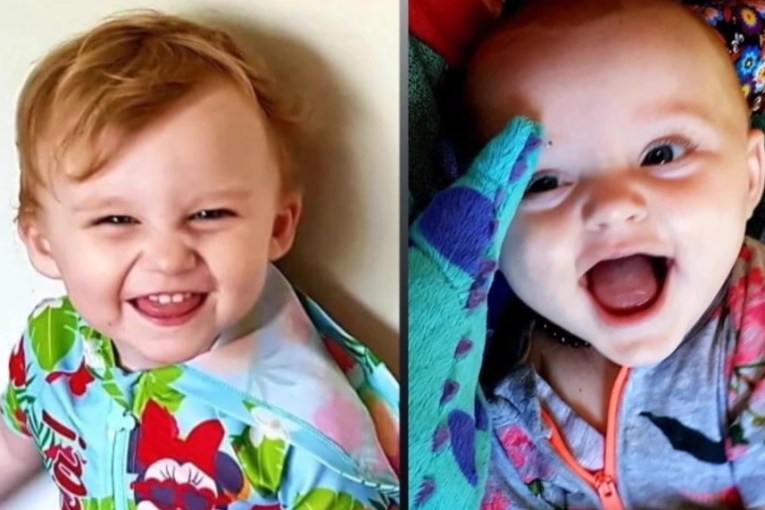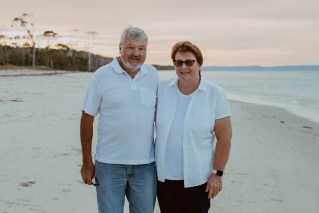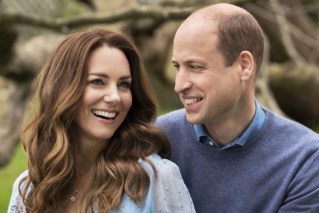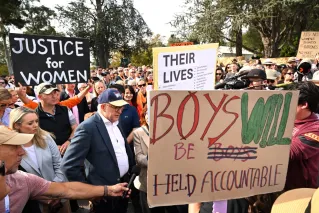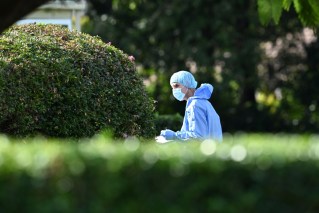Limited concerns over virus restrictions, says Ombudsman
Ombudsman Phil Clarke has detailed the complaints his office has received about public sector agencies during the COVID-19 pandemic.
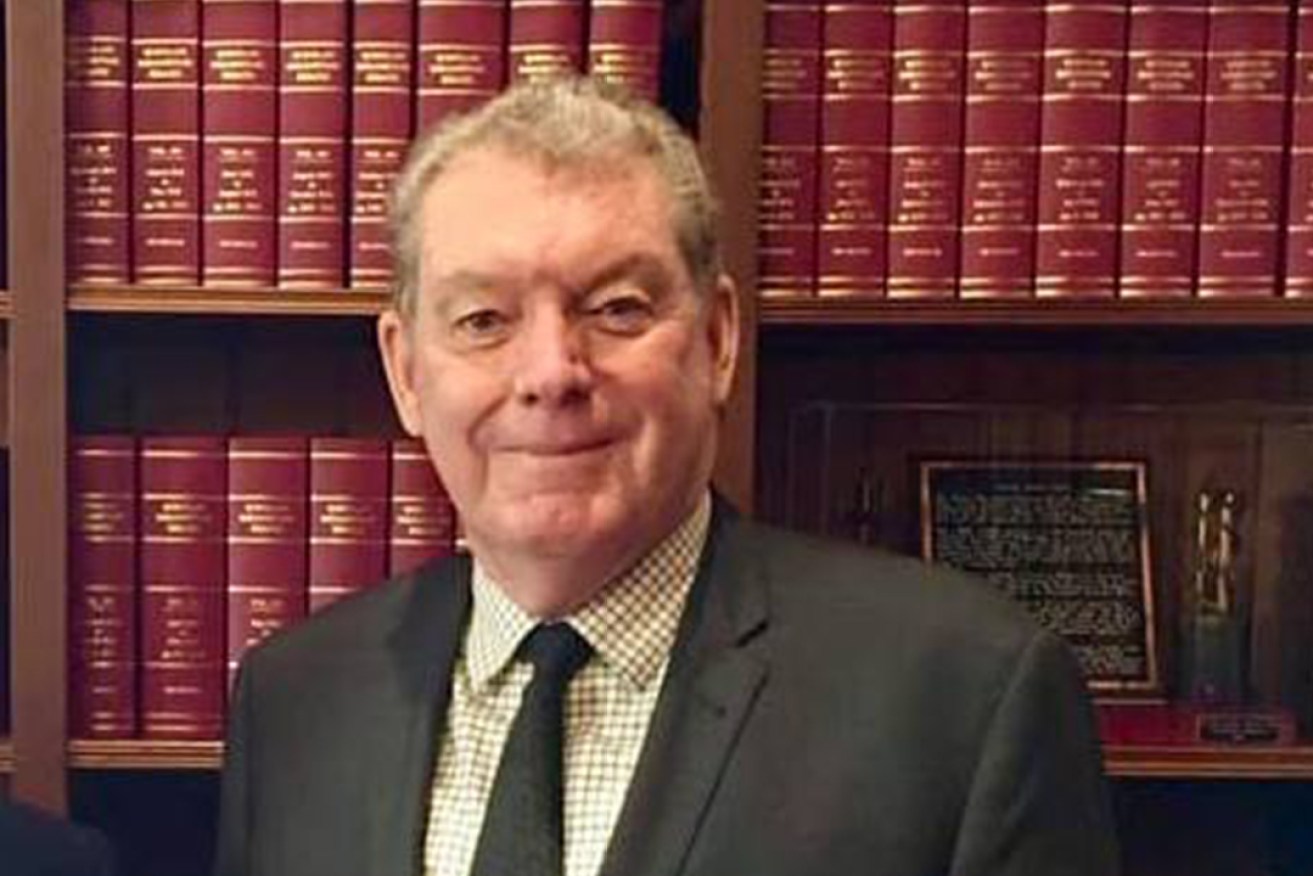
Queensland ombudsman Phil Clarke. (Photo: Facebook)
In a submission to a parliamentary committee inquiry, Clarke said in the first six months of 2020, his office had received 68 cases, including 55 direct complaints, relating to the Queensland Government’s health response to COVID-19.
“Overall, the level of complaints to the Office during the COVID-19 response appears muted,” Clarke said.
Queensland Health, the lead agency under the emergency declaration, was the subject of 15 cases (13 complaints and two inquiries). They concerned the alleged delay or refusal of exemptions to directions, limited access to dental and elective surgeries, conditions in quarantine, and the handling of the council elections (the Electoral Commission of Queensland was the subject of five other cases).
Queensland Health, like other agencies, is required to consider complaints before they can be investigated by the Ombudsman however that had not occurred at the time of the submission. Of the two complaints investigated by the Ombudsman, relating to the refusal to grant exemptions, one had been finalised and found no maladministration while the other was ongoing.
The lockdown in Queensland prisons led to 24 cases (20 complaints and four inquiries) with no maladministration or misconduct identified in the few finalised cases. Two complaints about the Department of Youth Justice had yet to be considered by that department and therefore, under internal protocols, had not been investigated by the Ombudsman.
Despite a heated debate over the role of schools in the pandemic, and whether children should be at home, the Department of Education only received four complaints, and they included concerns over teachers attending protests and schools not allowing particular students to attend class.
“During a period of significant pressure and uncertainty, during which thousands of complaints were received by the Office, the numbers of complaints which related to COVID-19 does not indicate a high level of public concern about administration by public authorities,” Clarke said of the overall situation.
“It is still to be seen if this remains the situation as the COVID-19 response continues.”
The Ombudsman’s office identified some human rights elements to complaints, such as freedom of movement, humane treatment when deprived of liberty, and the right to education.
The Queensland Human Rights Commission has, according to its submission, been paying extra attention to conditions in prisons, youth detention centres and the needs of at-risk communities during the pandemic.
While it has received more than 190 enquiries and 30 complaints, the commission argued the restrictions were appropriate under the circumstances but should come with additional safeguards, public scrutiny and accountability.
“While current restrictions would appear to be imposing justifiable limitations on rights in order to achieve the legitimate goal of public safety it is vital that they do not stay in place for longer than necessary, or limit rights to a greater extent than necessary,” the Commission argued.
“The Commission has initiated a register of restrictions imposed as part of the COVID-19 response, and will be monitoring the length and severity of restrictions.”
